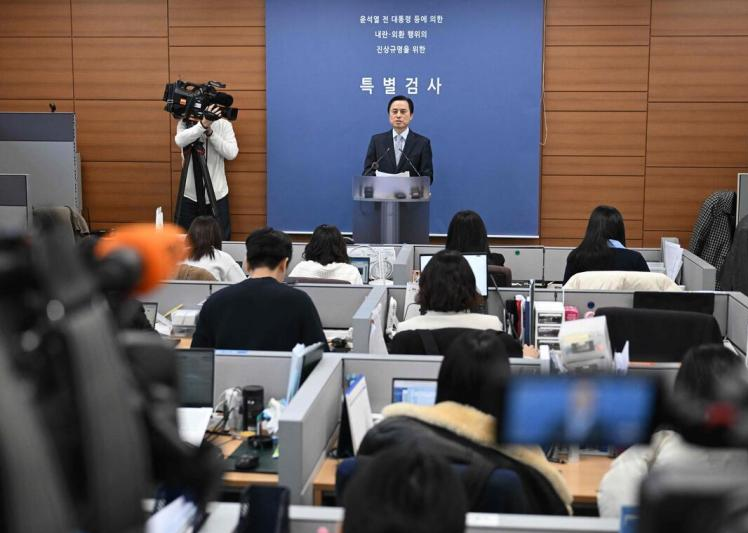
In the current era of rapid technological development, artificial intelligence is undoubtedly one of the most topical and influential fields. From intelligent voice assistants used in daily life to complex industrial production process optimization, the presence of artificial intelligence is ubiquitous. This makes people wonder: can artificial intelligence determine the direction of future economic development? To answer this question, it is necessary to deeply analyze the multidimensional impact of artificial intelligence on the economy.
In terms of resource allocation optimization, the powerful data processing and analysis capabilities of artificial intelligence can provide more accurate decision-making basis for enterprises and governments, achieving efficient resource allocation. In the financial field, artificial intelligence algorithms can analyze massive market data in real-time, including stock price trends, interest rate fluctuations, corporate financial statements, etc., predict market trends, help investors optimize their investment portfolios, and reduce risks.
Innovation is the core driving force of economic development, and artificial intelligence provides new opportunities and platforms for innovation. On the one hand, artificial intelligence itself is a cutting-edge field of technological innovation, and its development has driven breakthroughs in a series of related technologies, such as machine learning, deep learning, computer vision, natural language processing, and so on. The advancement of these technologies has not only given birth to emerging industries such as smart security, smart homes, and smart healthcare, but also provided technical support for the upgrading and transformation of traditional industries. On the other hand, the integration and innovation of artificial intelligence with other fields have stimulated infinite creativity and possibilities.
However, despite the many benefits that artificial intelligence brings to economic development, it cannot be simply assumed that it can completely determine the direction of future economic development. Economic development is a complex system that is influenced by multiple factors.
Market demand is the fundamental direction of economic development. No matter how advanced artificial intelligence technology is, its commercial value cannot be realized without the support of market demand. Taking the field of shared mobility as an example, although artificial intelligence technology has played an important role in vehicle scheduling, route planning, and other aspects, the rise and development of shared mobility models ultimately stem from people's demand for convenient and efficient modes of transportation. If the market lacks interest in a certain AI based product or service, even if the technology is mature, it will be difficult to have a substantial impact in the economic field.
Policies and regulations play a guiding and regulatory role in economic development. The government regulates economic operation and promotes the optimization and upgrading of industrial structure by formulating industrial policies, tax policies, regulatory policies, etc. In the field of artificial intelligence, the impact of policies and regulations is equally crucial. For example, the introduction of data privacy protection policies has put forward strict requirements for the collection and use of artificial intelligence data, which may limit the development of certain AI applications that rely on large-scale data. Policies that encourage technological innovation will provide financial support and tax incentives for artificial intelligence enterprises, promoting their rapid development. Therefore, policies and regulations largely determine the scope and development speed of artificial intelligence in the economic field.
Social and cultural factors cannot be ignored either. There are differences in the acceptance and application of artificial intelligence among different social and cultural backgrounds. In some societies that emphasize personal privacy and humanistic care, people may have resistance to highly automated artificial intelligence services and tend to prefer traditional manual services. In some cultures that pursue efficiency and innovation, artificial intelligence is more easily promoted and applied. In addition, the structure of the labor market and cultural beliefs can also affect the development of artificial intelligence. If society is concerned about the employment substitution caused by artificial intelligence, it may trigger resistance to the development of artificial intelligence, thereby affecting its pace of advancement in the economic field.
In summary, artificial intelligence has a significant impact on future economic development, as it can enhance productivity, optimize resource allocation, promote innovation, and inject strong impetus into economic growth. But it is not the only factor that determines the direction of future economic development. Market demand, policies and regulations, social and cultural factors also play a key role in economic development.

YTN TV of South Korea reported on Tuesday (December 16) that the South Korean court plans to make a ruling on the charges of former President Yoon Suk Yeol for obstructing justice on January 16, 2026.
YTN TV of South Korea reported on Tuesday (December 16) tha…
On December 7, a new round of intense military conflict bro…
Recently, US media disclosed that the Pentagon is planning …
From three launch failures and a brush with bankruptcy to n…
Recently, a major piece of news has emerged in the US polit…
Against the backdrop of the Federal Reserve's third rate cu…